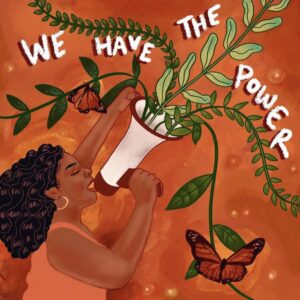We are living through some of the most atrocious attacks on our communities — politically, economically, and psychologically. Before our eyes, we are witnessing attempts to reverse the progress we’ve made in achieving safer workplaces, fairer wages, and strengthened benefits for working people. Workers across the nation are facing rising challenges, from the dismantling of diversity and equity programs and weakened union protections to mass federal layoffs.

As I reflect on these challenges, I am reminded that this country was never built for us to thrive. Our labor system was built on racism and exploitation. The country is intent on keeping us divided, using fear-based mongering, disinformation, and emotional manipulation to drive wedges across race, class, gender, and ability. While the sources of these attacks are clear, we must also acknowledge how a fragmented progressive movement has limited our collective power. Dean Spade reminds us that solidarity across our issues and identities is critical for building powerful movements. Yet today, too often, our organizations — whether focused on health, LGBTQ+ advocacy, workers’ rights, disability justice, or beyond — operate in silos, weakening our shared strength.
After decades working in the labor movement, I know how deep, committed work on single-issue campaigns and advocacy efforts has helped achieve milestone wins for people’s rights. But single-issue fights can also leave us vulnerable. Today, we have a labor movement that has been too silent on wage disparities across racial and gender lines. The Black unemployment rate is the highest it’s been in years at 7.5%, likely leaving well over a million Black workers without jobs. Yet, many Unions have been radio silent about this impact on Black workers. What happens to Black workers is a canary in the coalmine for what’s to come, and we can’t ignore these blaring warnings.
Racism is a commonly used strategy to divide and exploit workers, and it is extremely effective. With roots in slavery and genocide, corporations and systems have profited from the labor of Black people and immigrants to build entire railroads, cities, and keep the economy running. This exploitation still exists today, as many of us are working harder than ever but still struggling to meet our basic needs. But when we treat these experiences as problems only impacting Black people and people of the global majority, we let the lie persist that whiteness offers protection. That lie makes it easy for the powerful few to push a narrative that white workers are safe from long hours, wage theft, and dangerous conditions, but no one is immune when systems are designed to exploit all of us.
The truth is that racist systems have created intersecting crises that harm everyone, from climate emergencies and regressive policies to anti-Blackness and xenophobia. The first step toward creating intersectional movements is to recognize that race is everyone’s issue. We need to have more conversations about how anti-Blackness weakens our movements and leaves us all vulnerable to discrimination, unfair policies, and exploitation across racial identities.
Despite being built on racist foundations, this country runs on the labor of workers whose voices and struggles are deeply interconnected. I’m inspired by California Working Families Party organizers, who not only fight for fair wages but also partner with housing advocates to help families keep their hard-earned income. At the National Black Worker Center, we’re advancing movement intersectionality and collective power. This summer, we launched a webinar series featuring a three-part workshop on decolonizing gender, which highlighted Indigenous and other non-Western perspectives on gender, sexuality, and identity. These conversations underscored that dismantling the gender binary is inseparable from the broader fight for Black workers and our collective freedom.
All working people are at the edges of any revolution. The fight to build power with those who are the most vulnerable begins with workers and ripples outward. Our movements are strongest when we recognize that none of us are free until all of us are free. When we fail to acknowledge how the struggles of some impact us all, we miss the opportunity to create strategic, meaningful intersections across movements that truly uplift every worker. As the fight for our freedom continues, we must weave together our movements, break out of our silos, and fight for each other.
